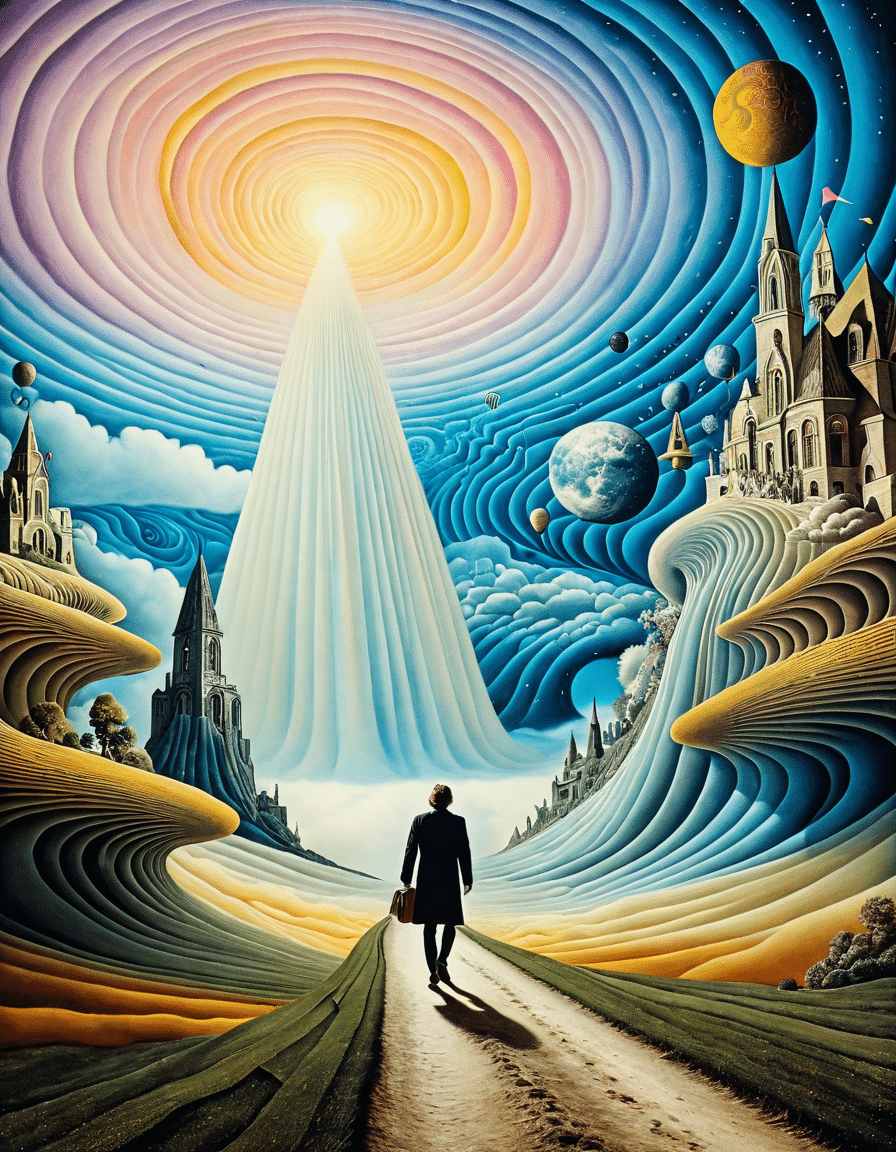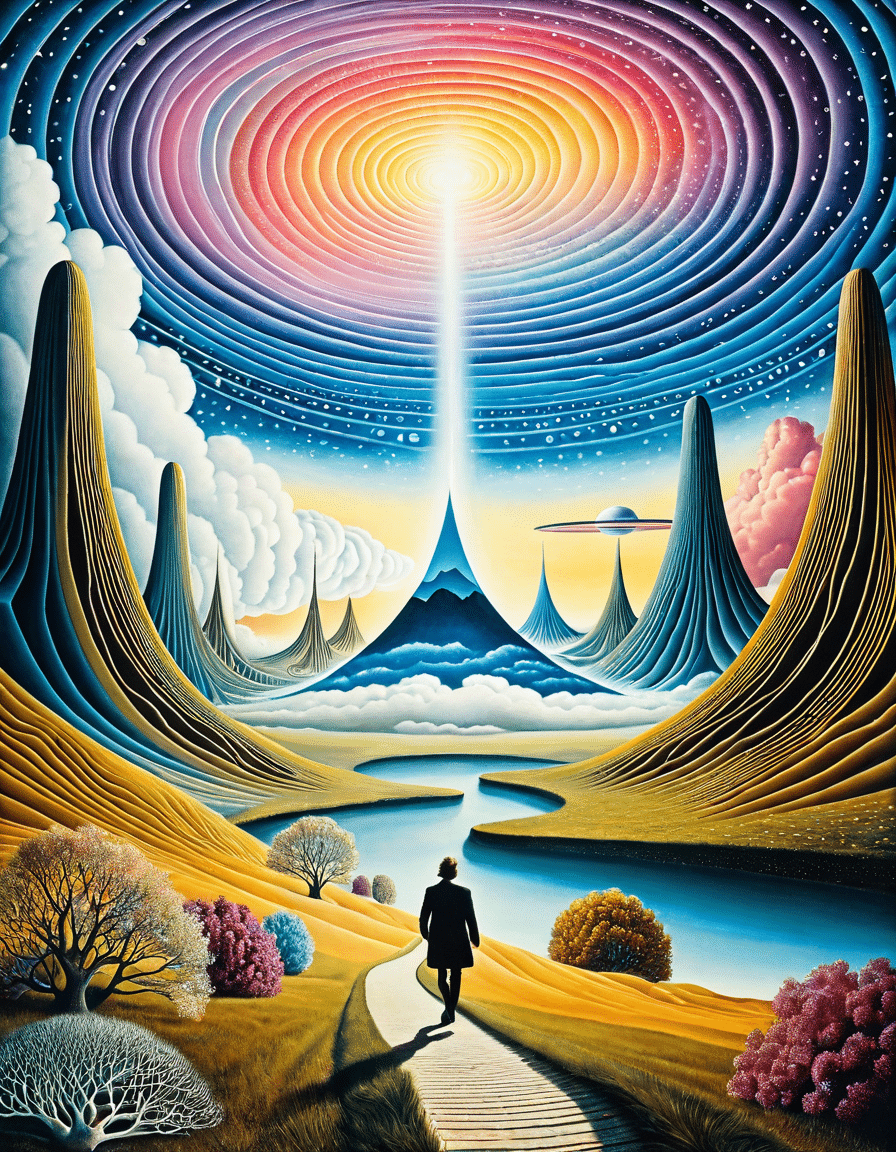John Milton is a name that echoes through the corridors of literary history, isn’t it? Born on December 9, 1608, in London, Milton wasn’t just an ordinary guy; he was a game-changer in the literary world. From epic poems to potent prose, his words have shaped literature as we know it. So, let’s dive into the extraordinary life of this literary titan and explore seven defining moments that shaped his legacy!

7 Defining Moments in Milton’s Life That Shaped Literature
1. The Early Years: A Scholar’s Foundation
Milton’s education was top-notch—think Hogwarts but with less magic and more Latin. He attended St. Paul’s School and later Christ’s College, Cambridge, where the foundation of his literary prowess was laid. Here, he soaked up classical literature like a sponge, setting the stage for his later masterpieces. Who knew that all those hours spent with books would lead to the creation of such brilliant works down the line?
2. Political Engagement and the Prose Works
With a keen eye on England’s political landscape, Milton didn’t just stick to writing poems; he became a voice for change. In the 1640s and 1650s, he penned “Areopagitica,” a passionate defense of free speech. Imagine trying to convince people about the importance of freedom of expression during a Civil War—no small feat! This landmark text not only showcased Milton’s eloquence; it also solidified him as a vocal advocate for civil liberties. Quite a legacy for a political rebel!
3. Paradise Lost: The Epic of the Human Condition
Now, let’s get to the big enchilada—“Paradise Lost”! Published in 1667, this poem is often hailed as the zenith of Milton’s literary achievements. Exploring free will, redemption, and the nature of good and evil, it redefined how we perceive rebellion through the character of Satan. Talk about a compelling antagonist! His work left an indelible mark on literature and has influenced countless writers, poets, and filmmakers ever since.
4. Blindness and Reinvention
In 1652, life threw Milton a curveball—he went blind. While some might throw in the towel, Milton decided to turn this personal tragedy into creative fuel. Instead of becoming a recluse, he dictated later works like “Paradise Regained” and “Samson Agonistes.” His resilience turns a bleak situation into a beautiful narrative of reinvention, showing us that sometimes, challenges can turn into masterpieces.
5. Posthumous Recognition and Influence
Milton passed away in 1674, but his influence didn’t take a dirt nap with him. The Romantic poets, including the likes of William Blake and Percy Bysshe Shelley, revered him, often naming him as a cornerstone of their own creativity. His ideas about individual liberty didn’t just influence literature; they touched revolutionary movements like the American and French Revolutions. Now, that’s some serious impact!
6. The Modern Interpretation of Milton
Fast forward to the 20th and 21st centuries, and Milton is still making waves. Feminist readings of “Paradise Lost” challenge traditional gender roles, and postcolonial critiques delve into themes of oppression and freedom. Even adaptations like the rock opera “Paradise Lost” showcase how his work continues to resonate with modern audiences, proving that a dude from the 17th century still has something to say in today’s world!
7. Milton’s Legacy in Popular Culture
Beyond the pages of books, Milton’s themes have seeped into various media forms. Films like “The Fountain” and TV series like “American Gods” reference Miltonic ideas, exploring existential dilemmas that resonate with viewers. Here’s the kicker: his narratives and themes continue to provoke thought and inspire debate, an impressive feat for a man who lived over 300 years ago!

The Contextual Significance of Milton in Literary History
Understanding Milton’s impact isn’t just about reading his texts; it’s about digging into the socio-political landscape of 17th-century England. This period was marked by immense upheaval where traditional values were constantly challenged. Milton tackled these head-on, engaging deeply with issues surrounding spirituality and civil rights—subjects that are still relevant today.
His innovative use of blank verse transformed poetic expression, setting new standards for writers who came after. Plus, Milton’s complex characterizations added nuance to literary storytelling, prompting a deeper exploration of the human experience. He wasn’t just writing; he was reshaping narratives!
The Enduring Relevance of Milton’s Artistic Vision
Milton’s extraordinary life and literary prowess constructed narratives that redefine our understanding of freedom and the human condition. More than just a historical figure, he embodies the spirit of invention and resilience. His exploration of humanity’s deepest quandaries continues to inspire not just readers but also thinkers, artists, and revolutionaries.
Take a moment to appreciate how Milton’s ideas around liberty and ethics are echoed in today’s debates about individual rights. His legacy isn’t confined to dusty books; it lives on in our conversations and cultural narratives.
As we reflect on his contributions, one thing’s for sure: the true legacy of Milton lies not just in the texts he wrote but in the ongoing dialogue that continues to shape our understanding of what it means to be human.
In conclusion, Milton wasn’t just a man with a pen; he was a force to be reckoned with. So, next time you find yourself in deep conversation about literature, remember to drop Milton’s name—he deserves to be in the spotlight! Who knows, you might even inspire someone else to explore his works. Happy reading!
Milton and His Impact: Fun Trivia and Interesting Facts
The Man Behind the Words
Milton, a literary giant, was much more than a poet; he was a revolutionary thinker. Born in 1608, he was known for his fiery convictions and impressive creativity. Did you know that his epic poem Paradise Lost sparked conversations around free will and morality that resonate even today? This kind of deep reflection is akin to themes explored in classic tales like the Count Of Monte cristo, where justice and vengeance intertwine in a gripping narrative. Humorously, Milton’s style of writing at times mirrors the quirkiness of animated adventures, much like the various Pokemon Movies in order, where characters often have a lot to say through their detailed journeys.
Personal Life and Struggles
Beyond his literary genius, Milton faced personal challenges that shaped his work. He went blind in his later years but continued to write; talk about persistence! Interestingly enough, this echo of perseverance can be seen in characters from Anne Of Green Gables, who also rise above their hardships. His political views clashed with those of his time, similar to how figures like Rutherford Hayes navigated political landscapes to bring about change. Milton poured his soul into his works, believing art could ignite change just as passionately as any political discourse.
Influences and Legacy
Milton’s influence transcended literature, tying into various forms of storytelling that later emerged. His belief in individualism and liberty resonated with many and can even be found in contemporary works such as Restaurant To Another World, where diverse characters explore new settings. Did you know that Milton’s advocacy for freedom of speech has laid the groundwork for many modern discussions similar to themes in Black Sheep, where individuality is celebrated? His life was full of triumphs and tribulations, akin to the determination showcased by athletes like Lewandowski, who constantly strive for greatness. By embracing both culture and personal experience, Milton has garnered a legacy that is fascinating, diverse, and full of lessons—just as we find in the tales crafted by Keisuke Itagaki.




